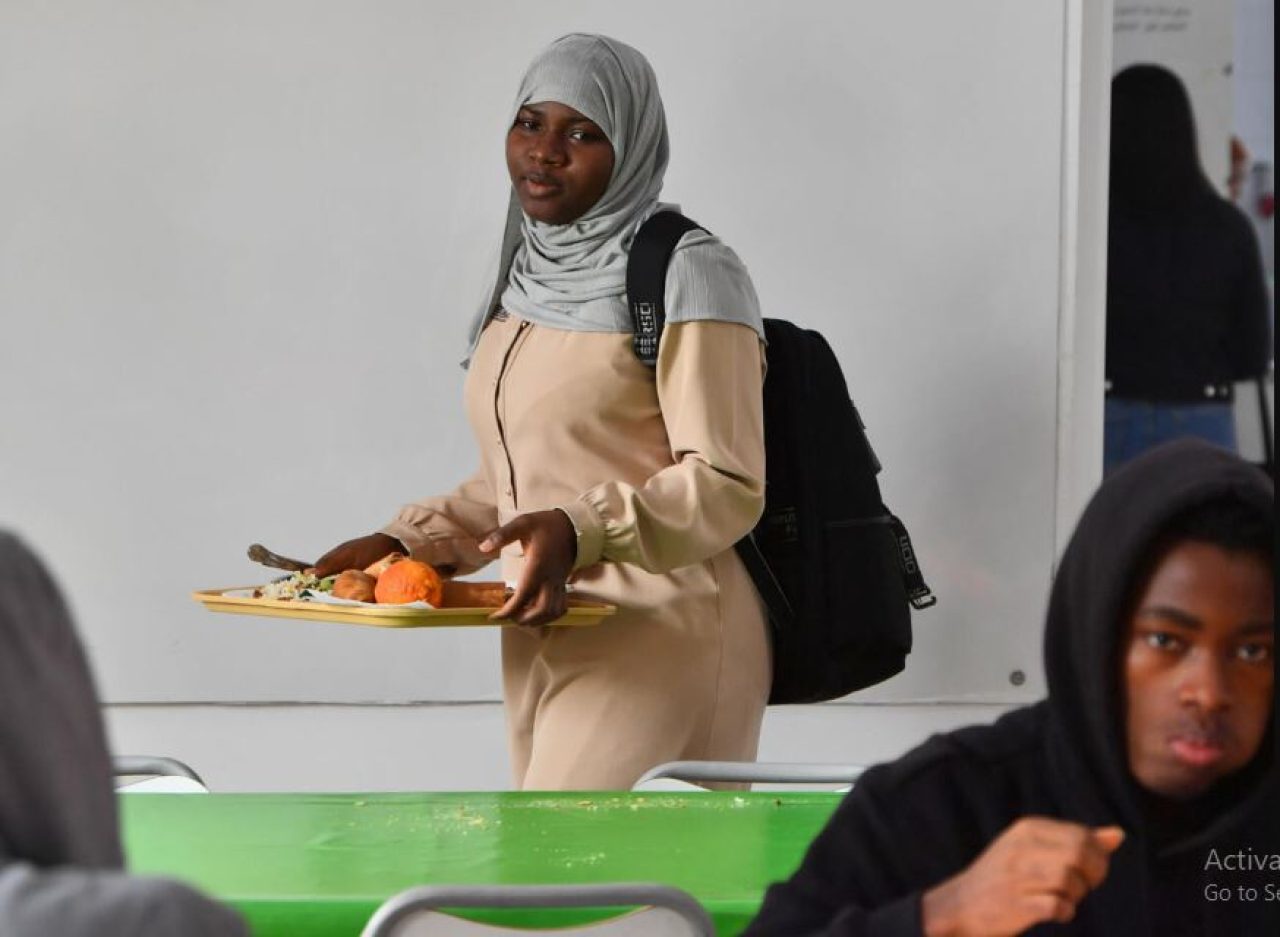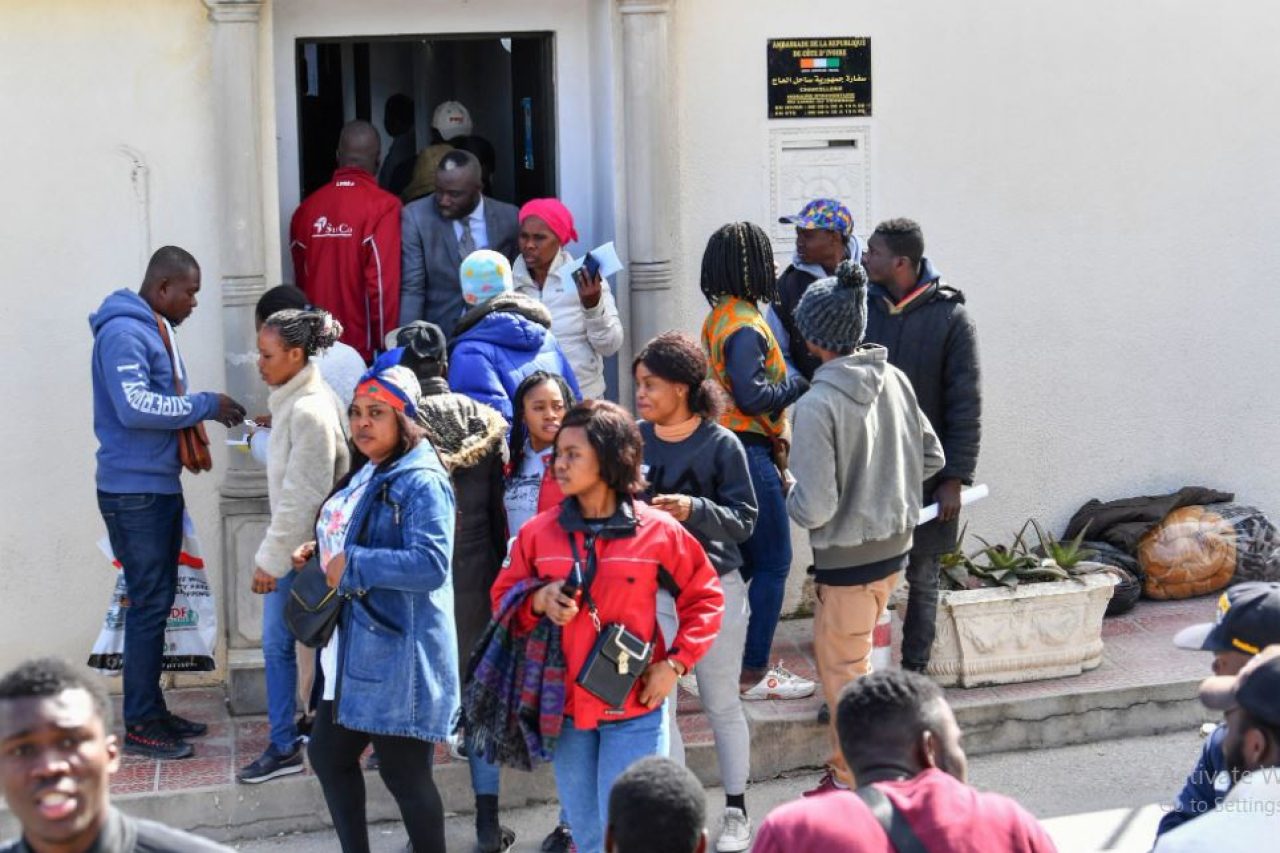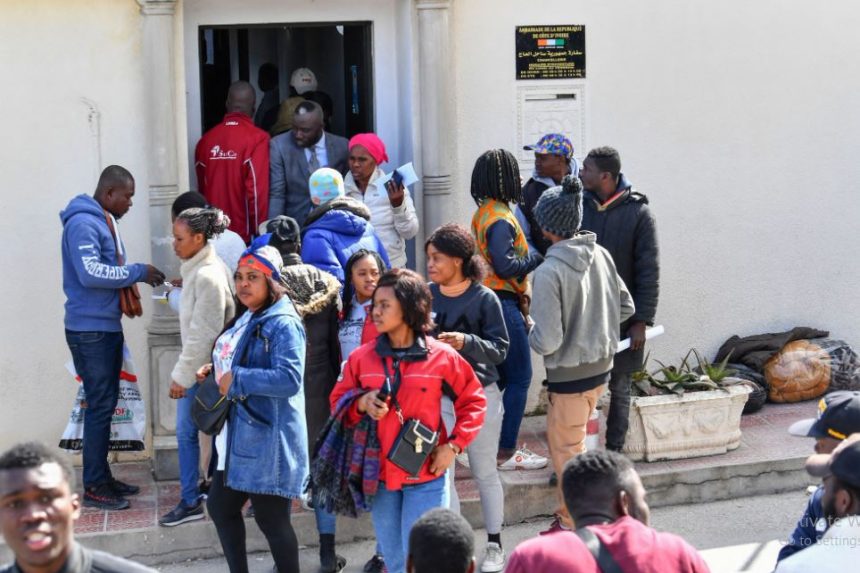Following a rash of xenophobic attacks and comments by President Kais Saied concerning illegal migrants, foreign students in Tunisia have demanded action from the government.

Around 400 arrests were condemned by the organization that represents Sub-Saharan pupils.
“The numbers are quite fluctuating. There are 400 arrests. There are more than 40 to 50 students who remained in detention in police stations during the last two or three weeks, and therefore went directly to prison. Fortunately, most of them have been released”, said Christian Kwongang, president of AESAT, an association representing sub-Saharan African students in Tunisia.
According to the spokesman, at least 100 students undertook emergency repatriations, predominantly to Mali, Ivory Coast, Guinea, and Niger.

“During our exchanges with the Ministry of Higher Education, we made them understand that if you want to keep these students, and if you want to show the African people that Tunisia is a safe country, you must put in place more concrete and more secure policies. Otherwise, we are afraid that in the years to come, there will be almost no more [African, Ed.] students in Tunisia”, reassured the foreign student representative.
According to this Ministry of Education representative, Sub-Saharan African students constitute the “vast majority” of international students in the private education sector and a “substantial share” in public institutions.

“The Ministry [of Higher Education, Ed.] first wanted to send a message to reassure [migrants, Ed.] and review the new and recurring demands of international students. The government worked on the issues of residence conditions and permits. I would like to remind you that in Tunisia, most international students enter without visas. So the process is rather quick and simple”, said Malek Kochlef, director of International Cooperation at the Ministry of Higher Education.
Foreign students, largely from neighboring African countries, increased to 9,000 in Tunisia last year, a fivefold increase since 2011.





